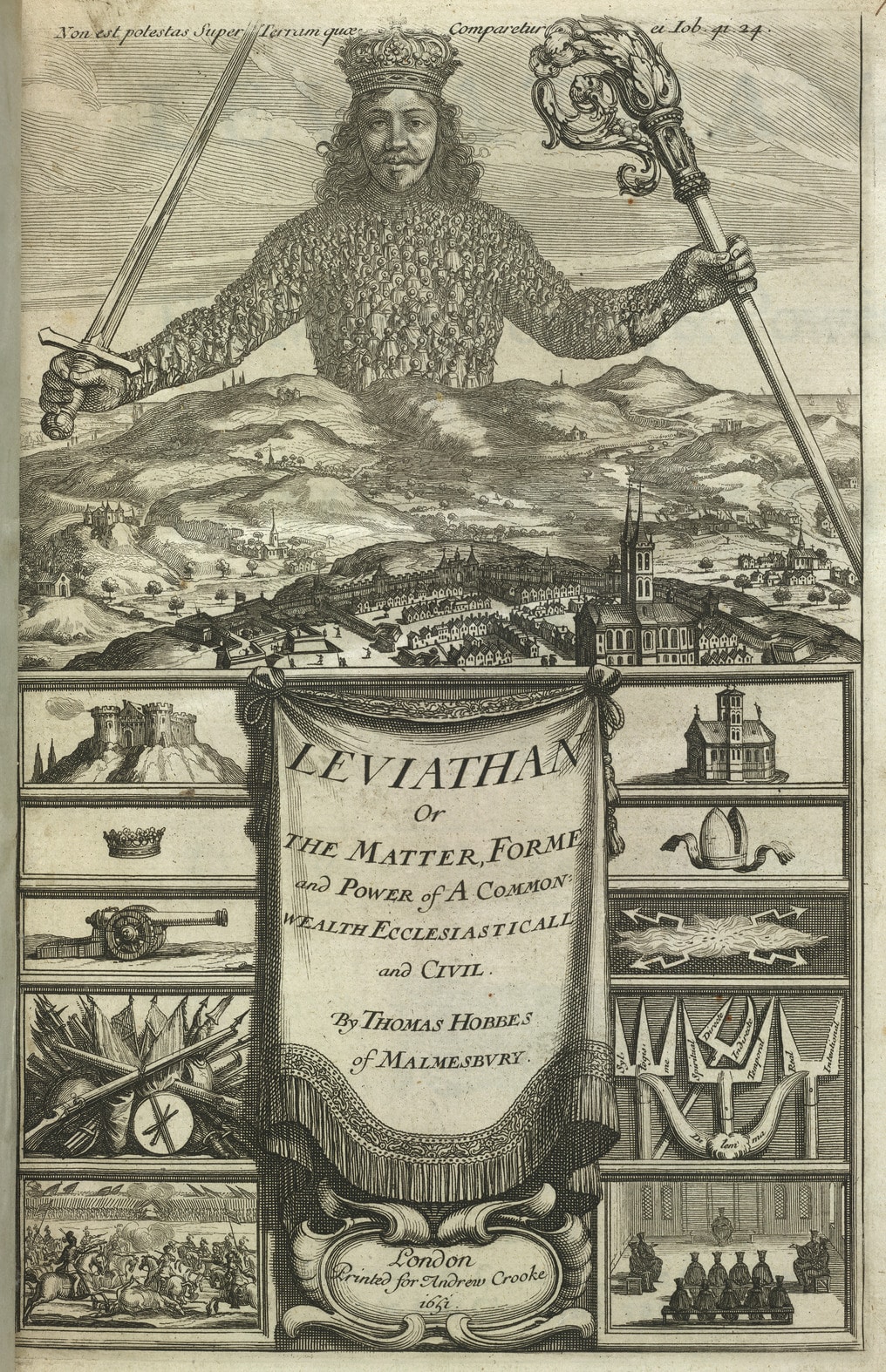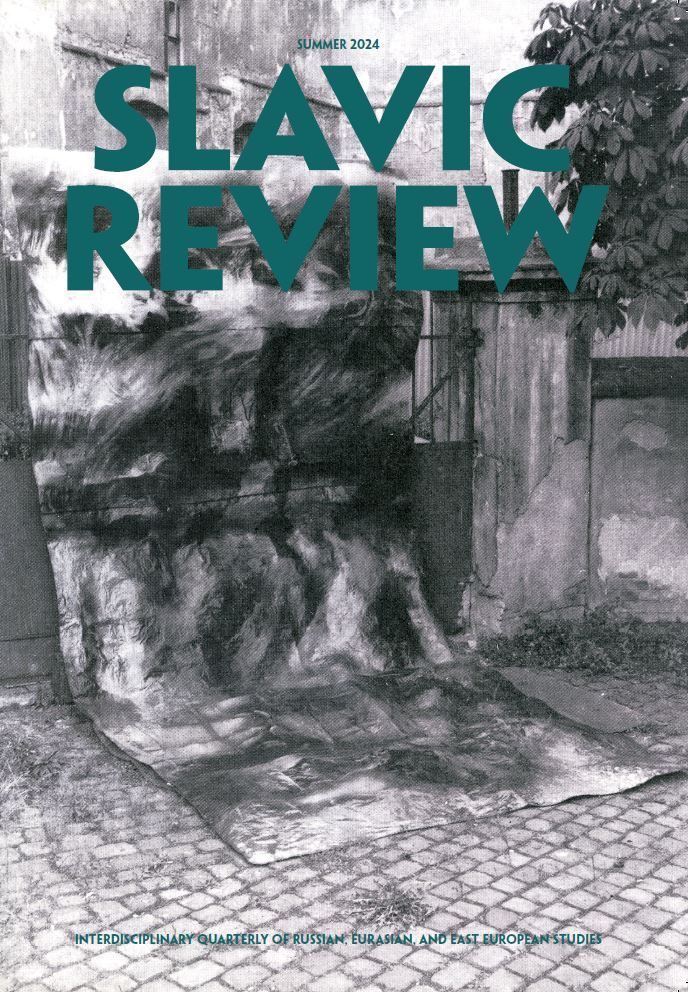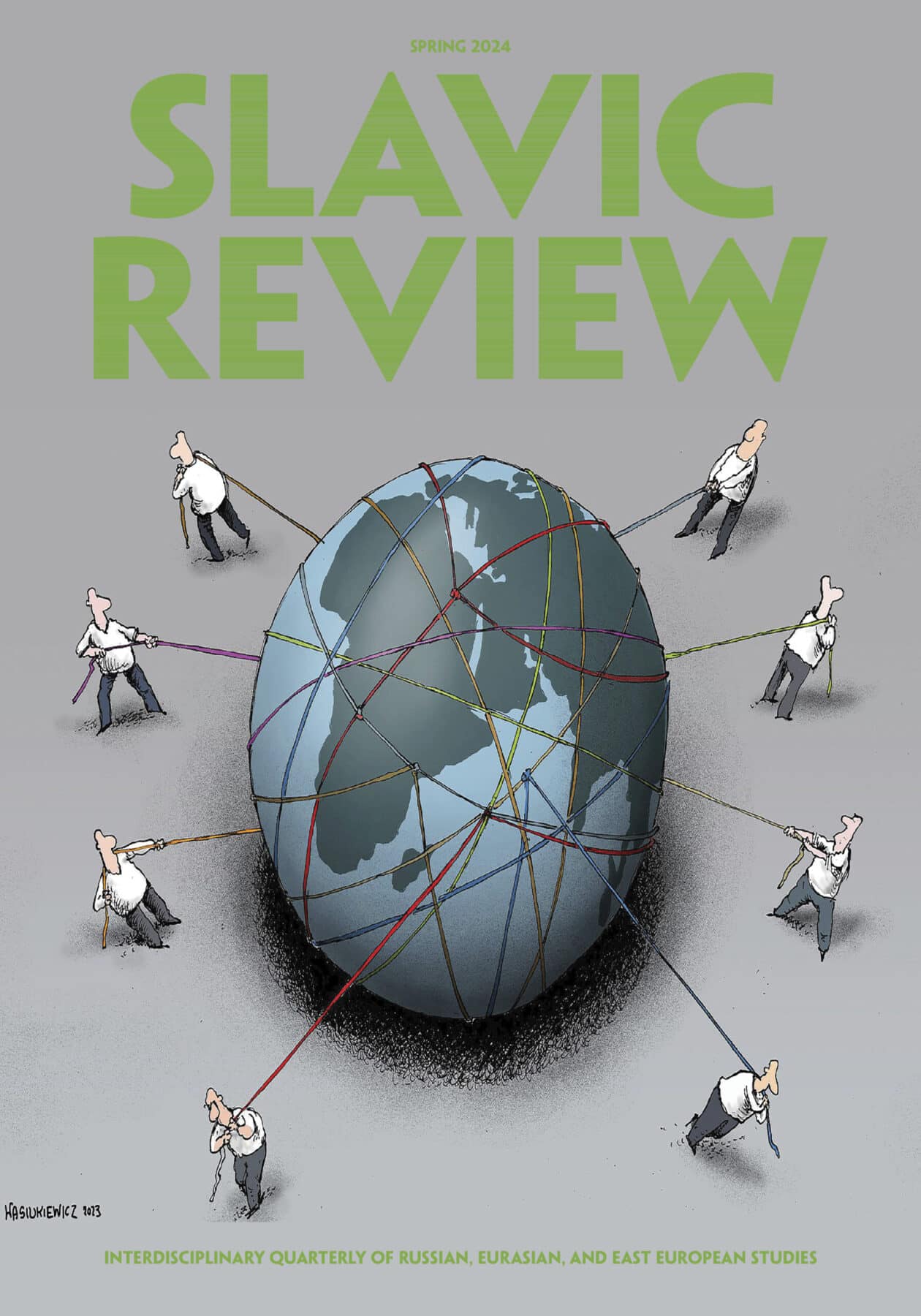Fall 2021
In This Issue
Table of Contents
Critical Discussion Forum: Authority and Power in Russia
469
Authority and Power in Russia
Oleg Kharkhordin
489
Response to “Authority and Power in Russia”
Anthony Kaldellis
Abstract
An argument can perhaps be made that all monarchies, no matter how absolute or authoritarian, cannot function without the consent of their subjects, whether tacit or active; proclaim that they act for the welfare (however defined) of their subjects; agree to abide by rules or laws that reflect social norms (whether they actually do abide by them or not); and are vulnerable to popular dissatisfaction. I was aware of the potential for such a general argument when I wrote Byzantine Republic and so deliberately set a specific threshold for “republican monarchies” in the Roman tradition, a threshold defined by the following four criteria: (a) a robust conception of the public interest and public property to which the monarch is subordinated in normative texts issued both by the monarchy itself and its elites; (b) a conception of a legally- or ethnically-defined populace whose material wellbeing forms the sole legitimating factor for the operation of government, even if that populace lacks formal institutions by which to take direct political action itself; (c) historical instances of popular intervention in the sphere of politics that were accepted by elites as legitimate, indeed often as constitutive of their own power and positions; and (d) documented continuity between that polity and the ancient Roman res publica, coupled with awareness of that continuity.
492
A Muscovite Republic?
Nancy Shields Kollmann
Abstract
A response to Oleg Khakhorin’s stimulating application of Anthony Kadellis’ “The Byzantine Republic” to Russian history, this article explores the fundamental features of Muscovite political culture.
Articles
504
“First Love Is Exactly Like Revolution”: Intimacy as Political Allegory in Ivan Turgenev’s Novella Spring Torrents
Alexey Vdovinand Pavel Uspenskij
Abstract
This article tackles the allegorical mode of Russian realism using Ivan Turgenev’s novella Spring Torrents (1872) and its political implications as a case study. We argue that this deeply intimate story of love and moral fall can be read in the context of the “social imaginary” which, in Turgenev’s manner, is wrapped in motives and symbols correlating to “revolutionary” and “reactionary” discourses. The article shows how this projection emerges in the narration without direct political discourse by means of allegory. It is this mode that ties together the intimate and the natural and gives Turgenev’s novellas a political dimension, which is obvious in his novels but latent in the novellas, thus opening them up to various sociological interpretations. Employing various theoretical readings of allegory, we explain how allegory is built upon and around the subjectivity of Turgenev’s characters, implying concepts such as sexuality and the unconscious that had not yet been coined as such but directly influenced future European fiction.
523
Czechoslovak Tariffs in the 1920s: An Example of Historical Specificity in Economic Policy
Oldřich Krpec and Vít Hloušek
Abstract
Czechoslovakia was the first industrialized economy to substantially increase tariffs after the First World War. At that time, Czechoslovakia was highly export-oriented, with a large trade surplus in industrial goods. We argue that the introduction of tariffs was a consequence of the ethnically heterogeneous structure of the economy. German capital controlled the highly export-oriented light and consumer goods industries; Czech capital dominated in industries that were far less export-oriented or even import-competing, such as machinery, transportation equipment, and electrical goods. Trade and exchange-rate policy preferences of both groups clearly differed; however, the policy decision-making process (at least until 1926) was completely controlled by Czechoslovaks and Czech capital, explicitly committed to a nationalist takeover of Czechoslovakia’s economy. This is why it was possible to implement an exchange rate and trade policy that ran contrary to theoretical expectations based on the general (national aggregate) indicators of the national economy.
544
Škoda Arms Exports in the 1930s
Aleš Skřivan Jr. and Tereza Burianová
Abstract
This article discusses the arms exports of Škoda Works (one of Czechoslovakia’s largest arms producers and exporters) during the 1930s and evaluates the export situation within the context of total Czechoslovak arms exports. At the beginning of the 1930s, economic crisis negatively affected the production and export of arms. However, the political climate facilitated the brisk recovery of this sector and the resumption of foreign trade in war materials. Škoda Works was successful in foreign markets, particularly in the sale of artillery materials and military vehicles. In addition to economic factors, trade was also influenced by political interests. This is also shown by the examples of arms exports to Romania and Yugoslavia, which were part of the Little Entente.
563
Small Socialism: The Scales of Self-Management Culture in Postwar Yugoslavia
James Robertson
Abstract
During the early 1950s the Federative Peoples Republic of Yugoslavia underwent a series of radical politico-economic reforms that created the system of socialist self-management. Although scholars have long acknowledged that these reforms liberalized the field of cultural production, the precise ways in which self-management shaped Yugoslav culture during this period remains under-examined. Drawing from Daniel Immerwahr’s concept of “thinking small,” this paper contends that self-management be thought of as an effort to rescale the horizons of socialist modernity. As Yugoslav reformers diverged from the Soviet model of Stalinist high modernism, they descaled state power to local sites of administration. This turn towards “small socialism” was recorded in certain conceptual and methodological trends in the cultural production of this period. This paper explores this recalibration of the scales of socialist culture in three examples from the 1950s: the urban theory of Bogdan Bogdanović, the revival of dialect poetry in Croatia, and the proliferation of domestic travelogues that emphasized the diversity of local cultures. As these examples demonstrate, the ambivalence that many Yugoslav intellectuals felt with regards to the high modernist scales of Stalinism prompted them to redirect the focus of socialist culture towards the marginal, the minor, or the minute.
585
Democratic Backsliding in Poland and Hungary
Michael Bernhard
Abstract
How is it that Poland and Hungary, formerly regional leaders in democratic progress in east central Europe, have become widely cited cases of democratic backsliding? According to the political science literature on democratization, the path by which they exited communism should have favored stable democratic outcomes. This paper reexamines that literature and argues that it misses potential populist dangers inherent in the combination of accommodation and contention in the democratization process in both countries. The paper argues that changes in the structural conditions under which Polish and Hungarian democracy operated markedly improved the chances of success for populist actors in electoral competition, explaining the rise of PiS and FiDeSz. Particular attention is paid to the role of the global economic crisis of 2008 and the European refugee crisis of 2015.
608
Political Game-Changers: The Importance of Leaders for Newly Emerged Parties in Romania
Sergiu Gherghina and Marius Grad
Abstract
Party leaders continue to be crucial players in politics. The theories of personalization and presidentialization of party politics reflect the centrality of leaders’ roles. Little attention has been paid to the effects of leaders on the formation and development of newly emerged parties. This article aims to fill that gap by analyzing the effect of leaders on the formation, intra-party cohesion, and membership organization of three newly emerged Romanian parties between 2015 and 2019. The qualitative analysis uses content from primary (party documents and elite discourses) and secondary sources (media reports). The findings indicate that the leaders’ approaches towards party formation and organization differ substantially across the examined parties and explain their cohesion and electoral appeal.
629
Review essay
636
FEATURED REVIEW
641
FILM REVIEWS
646
BOOK REVIEWs
714
COLLECTED ESSAYS
719
OTHER BOOKS OF INTEREST
721








